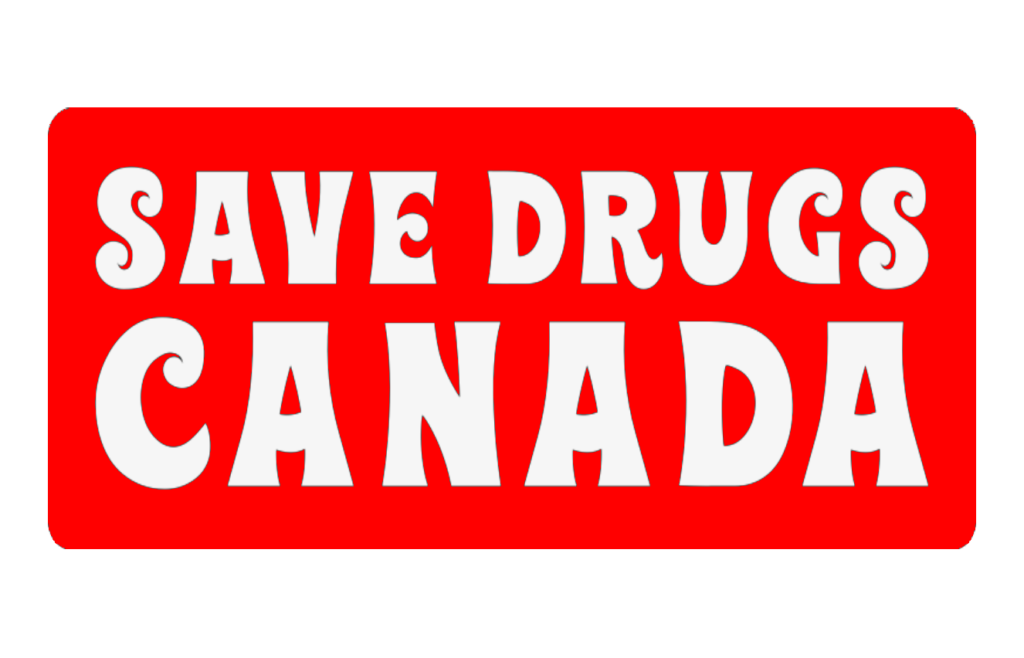Magic mushrooms, scientifically known as psilocybin mushrooms, have captivated human imagination and culture for centuries with their mystical properties and profound psychedelic experiences. Beyond their historical and recreational use, these fungi have emerged as promising candidates for therapeutic intervention in modern psychiatry. This article delves into the therapeutic uses of magic mushrooms, exploring their potential benefits, mechanisms of action, and clinical applications in mental health care.
Understanding Magic Mushrooms: Magic mushrooms encompass a variety of fungi species containing psychoactive compounds, most notably psilocybin and psilocin. These compounds belong to the class of psychedelics, substances capable of inducing profound alterations in perception, cognition, and consciousness. While magic mushrooms have a long history of ritualistic and spiritual use in indigenous cultures, contemporary research has shed light on their therapeutic potential for treating various mental health disorders.
Therapeutic Applications of Magic Mushrooms: The therapeutic applications of magic mushrooms span a wide spectrum of mental health conditions, ranging from mood disorders to substance use disorders and existential distress. Research conducted over the past few decades has provided compelling evidence supporting their efficacy and safety in controlled clinical settings.
- Psilocybin-Assisted Therapy for Depression: Among the most studied and promising therapeutic applications of magic mushrooms is their use in the treatment of depression, particularly treatment-resistant depression (TRD). Clinical trials have demonstrated that psilocybin, when administered in conjunction with psychotherapy in a controlled therapeutic setting, can induce profound and sustained antidepressant effects.
The mechanism underlying psilocybin’s antidepressant action is complex and multifaceted. Psilocybin acts primarily as a serotonin agonist, binding to serotonin receptors in the brain and modulating serotonin neurotransmission. By promoting neuroplasticity, enhancing emotional processing, and facilitating ego dissolution, psilocybin can lead to insights, emotional breakthroughs, and profound shifts in perspective that are conducive to healing and psychological integration.
-
Psilocybin-Assisted Therapy for Anxiety Disorders: In addition to depression, psilocybin-assisted therapy shows promise in the treatment of various anxiety-related disorders, including generalized anxiety disorder (GAD), social anxiety disorder (SAD), and existential anxiety associated with life-threatening illnesses. Psilocybin’s ability to induce a mystical or transcendent experience, often described as a “peak” or “mystical” experience, has been linked to reductions in anxiety, existential distress, and fear of death.
-
Psilocybin-Assisted Therapy for Substance Use Disorders: Preliminary research suggests that psilocybin-assisted therapy may hold promise for individuals struggling with substance use disorders, including alcohol dependence, tobacco addiction, and opioid addiction. By promoting introspection, insight, and self-awareness, psilocybin can help individuals confront underlying psychological issues, break free from maladaptive patterns of behavior, and cultivate a sense of purpose and meaning in life.
-
Psilocybin-Assisted Therapy for Existential Distress: Existential distress, characterized by feelings of meaninglessness, alienation, and existential angst, is a common experience among individuals facing life-threatening illnesses, such as cancer. Psilocybin-assisted therapy has shown potential in alleviating existential distress and improving quality of life in this population by fostering a sense of connection, transcendence, and acceptance of mortality.
Challenges and Considerations: While the therapeutic potential of magic mushrooms is promising, their use in clinical settings is not without challenges and considerations. Concerns regarding potential adverse effects, including psychological distress, adverse reactions, and exacerbation of underlying psychiatric conditions, underscore the importance of rigorous safety protocols, patient screening procedures, and trained supervision.
Furthermore, regulatory barriers, stigma, and legal restrictions surrounding the use of psychedelics in therapy pose significant obstacles to widespread adoption and acceptance. However, as research continues to advance and public attitudes evolve, there is growing recognition of the need to explore alternative treatments for mental health disorders and embrace the therapeutic potential of psychedelics in a responsible and evidence-based manner.
In conclusion, the therapeutic uses of magic mushrooms represent a paradigm shift in mental health care, offering new horizons for healing, transformation, and personal growth. From depression and anxiety to substance use disorders and existential distress, psilocybin-assisted therapy holds promise as a novel and effective treatment modality for a wide range of mental health conditions.
As ongoing research continues to unravel the mechanisms of action and therapeutic potential of magic mushrooms, it is essential to approach their use with caution, respect, and scientific rigor. By harnessing the healing power of psychedelics in conjunction with psychotherapeutic interventions, we may unlock new pathways to healing, insight, and spiritual awakening, ushering in a new era of psychedelic-assisted psychotherapy and mental health treatment.
